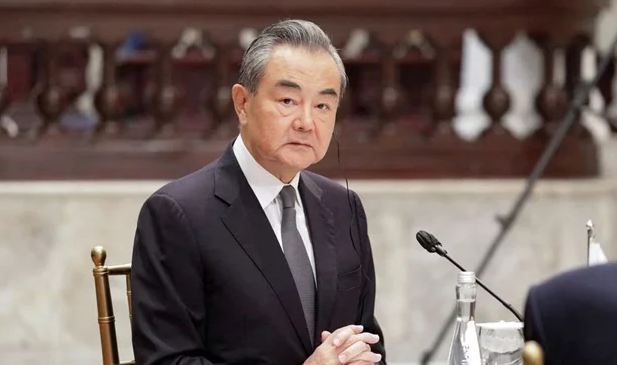BEIJING: As India and China search for ways to ease simmering military tensions along their vast border, top Chinese diplomat Wang Yi told the Indian foreign minister that bilateral ties between the two Asian countries need to be stabilised.
Wang’s remarks came on the sidelines of Association of Southeast Asian Nations (ASEAN) meetings in the Indonesian capital of Jakarta.
According to a readout from the Chinese foreign ministry, Wang told Indian External Affairs Minister Subrahmanyam Jaishankar that mutual support between the two nations is needed instead of suspicion.
India and China share a 3,800-km (2,360-mile) frontier, much of it poorly marked, and fought a brief but bloody war over it in 1962.
Since the 1990s, ties have improved after a series of border agreements, and China is now India’s second-largest trading partner.
A setback in 2020, however, when 20 Indian soldiers and four Chinese soldiers were killed in hand-to-hand fighting during a border clash, spurred both militaries to fortify positions and deploy large numbers of troops and equipment.
Several rounds of military and diplomatic talks have helped to ease tensions between the two armies, but New Delhi has described the situation on the border as fragile and dangerous.
China and India need to work in the same direction to find a solution to border issues acceptable to both sides, Wang told Jaishankar during their meeting on Friday.
“The two sides should support each other and accomplish things together, rather than wear each other down or suspect each other,” Wang said.
He said that India and China should not let specific issues define their overall relationship.
The two sides agreed to hold the next round of military commander-level talks on border issues at an early date, the Chinese foreign ministry said.
Since 2020, New Delhi has also ramped up scrutiny of Chinese businesses, banning more than 300 Chinese apps, including TikTok. It has also intensified scrutiny of investments by Chinese firms.

















